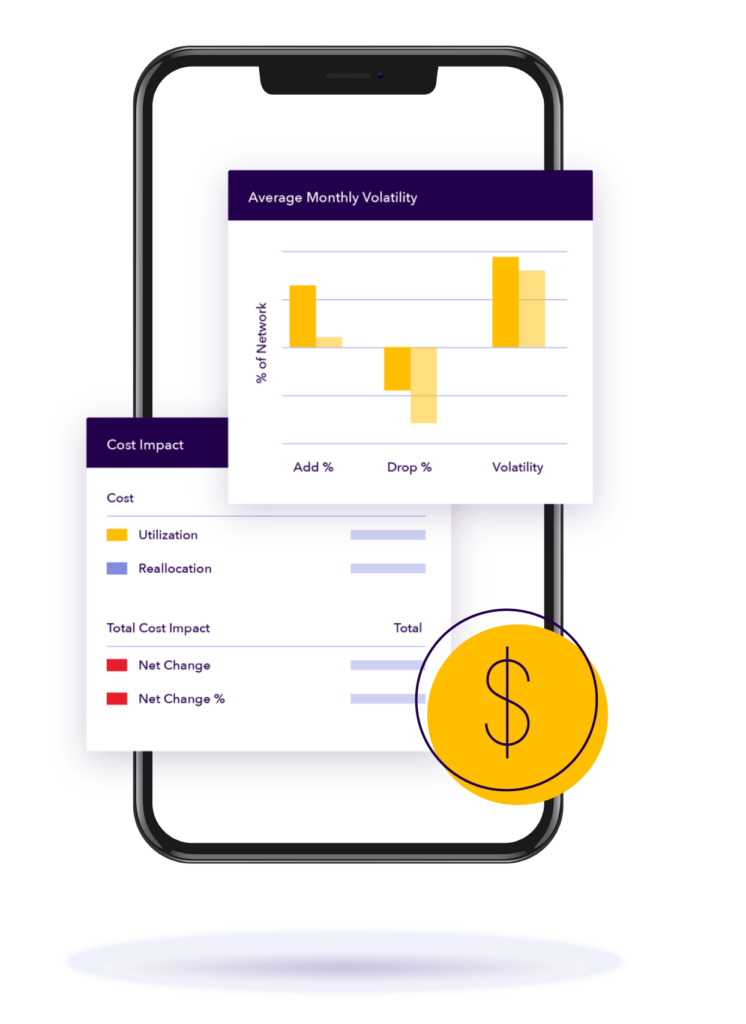Get enhanced market-based pricing with the ability to price according to median INN rates, accounting for the various factors that NSA prescribes such as acuity of patient and setting of care, reducing the risk of arbitration.
No Surprises Act with Zelis.
Address the complex requirements introduced by federal regulations through highly configurable solutions, legislative expertise, and guidance from Zelis.
Dive Deeper
Minimize the impact of new regulations.
The No Surprises Act (NSA), signed into law in December 2020, seeks to protect patients from surprise medical bills and prohibits balance billing for certain out-of-network care. The Transparency in Coverage Rule (TiC) was published in October 2020. Its transparency provisions empower consumers with better insight into the cost of services before obtaining care and receiving a bill.
Our suite of solutions helps you comply with these new regulations, improve your members’ experience, and maximize savings while minimizing provider abrasion. We provide legislative expertise and guidance to help plans manage the complexity introduced by both the NSA and the TiC Rule.

As we’ve worked with Zelis, we’ve found all their capabilities and solutions to be very easy to plug-in and integrate with our offerings. That flexibility is very valuable to us.
From the start, Network360 has been a wildly successful program that has impacted our ability to meet goals and grow our business.
Our relationship with Zelis has given us the flexibility to create customized solutions and bring value to our clients. The solutions and expertise that Zelis brings to the table, as well as its team’s ability to develop ideas to improve our processes, have created a mutually beneficial relationship for both our companies.
Request a Meeting
Let’s talk about modernizing your business.
There’s no shortage of ways we can help. Get a conversation going with one of our Solution Advisors and build a thoughtful approach aligned to your business goals.
Not what you were looking for?


